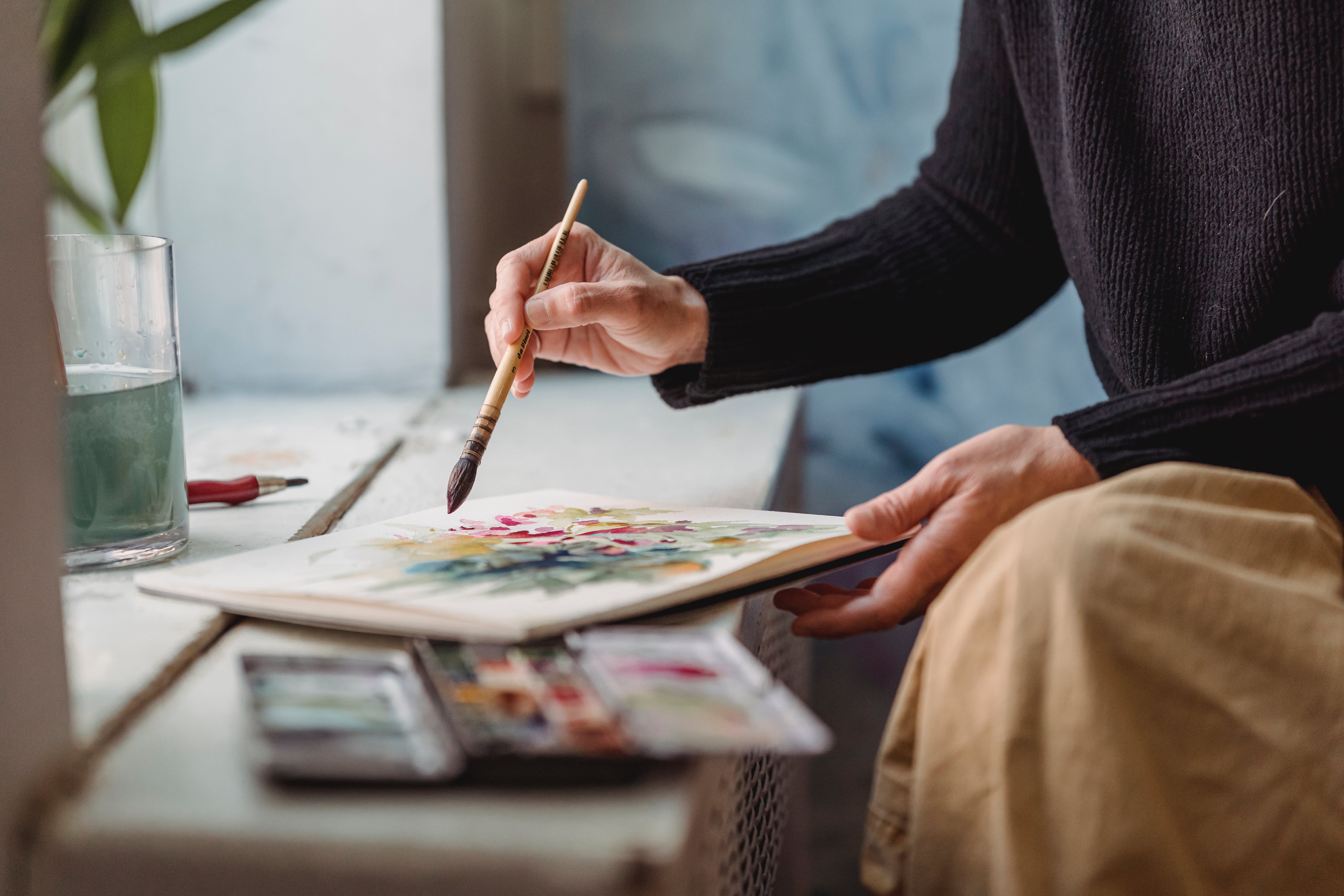On Friday 24 November, the Council turned its attention to issues concerning culture, audiovisual and sports. Among others culture and audiovisual ministers lead a discussion on working conditions for artists and cultural professionals.
Cultural and creative industries employ 3.8% of the EU’s total active population and comprise 1.2 million companies. However, despite the sector’s growing economic relevance and its key role in preserving European identity, the working conditions of artists, professionals and creative and cultural workers have yet to be improved. In some cases they are often characterised by precarious conditions, instability and insufficient social protection cover in case of self-employment. The COVID-19 crisis also highlighted their extremely vulnerable situation in times of crisis.
The EU representatives commented on the need of promoting decent working conditions and the implementation of a minimum wage for the cultural and creative sectors and industries. They also pointed out the need for artists to have the freedom to fail and find success through it. Challenges and opportunities of AI were also put into focus, while the transition towards a green and digital economy in the creative and cultural sectors was a key point of the discussion. Among others they expressed the need for artistic freedom and ways to extend grands and social security measures for the sector. Another point brought into discussion was supporting financially and providing accomodation to artists in exile or creatives and cultural professionals coming from Ukraine.
Several ministers expressed their support to Creative Europe programme in the context of the next EU's long-term budget as they consider it to be the main instrument to support artists and creators.
You can watch the full public session here
Myriam Patrou








